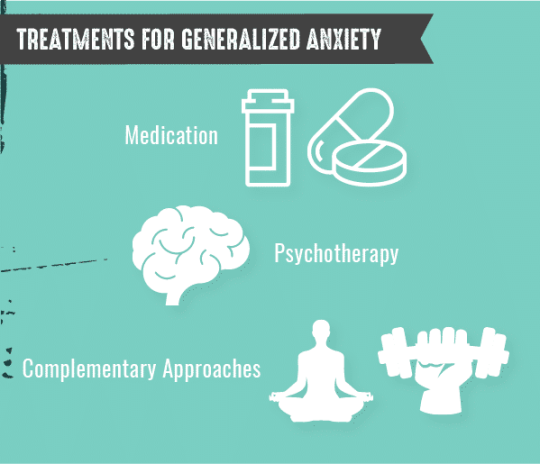Link
0 notes
Link
0 notes
Text
OLFACTOTHERAPY: MANAGE YOUR EMOTIONS WITH ESSENTIAL OILS!
Essential oils have been known for centuries for their therapeutic properties. In addition to their physiological qualities, we will see that they also have a power on the emotional sphere thanks to the sense of smell.
Audrey GIRARDOT, naturopath and certified massage practitioner from the Medoucine network.
Breathe
The sense of smell is one of the most primitive senses, it was originally used to feel danger coming, to hunt or in seduction thanks to pheromones. A relatively neglected sense in our time, we are immersed in a world where olfactory messages are more and more aggressive (synthetic perfumes, pollution, etc.). To reconnect with this sense is also to reconnect with oneself, one's inner self and instinct.
A perception specific to each person
Each scent corresponds to a specific message that we have stored since we were born. This entire library is linked to an emotion, an event or a specific memory. A single smell will not have the same perception and interpretation from one individual to another. A simple smell of lavender may evoke childhood holidays, his grandmother's cologne or simply the smell of a Provencal flower.
Olfactotherapy is therefore a therapy that adapts to each feeling, to each person in the respect of what he or she has experienced. We still have a common heritage specific to humanity, strong symbolic references listed in the 16 main scents we use in olfactotherapy.
Olfactotherapy: why and for whom?
It is a question of linking three components which are the sense of smell, the smells and the conception that a person can have of this biochemical information. Olfactotherapy is therefore a psycho-corporal therapeutic approach, it allows access to the emotional and unconscious through the body (the olfactory organ). Thanks to its evocative power, the smell makes it possible to get in touch with the past, which conceals the causes of current suffering.
Learn more about it right now.
Management of stress and emotions.
Identifying the causes of depression and finding solutions.
Grief management.
Food dependency.
Smoking cessation.
Marital problems.
Sexual problems
In palliative care
In Practice
The therapist begins to get in touch with the consultant from the very first moments of the appointment and then by making him/her aware of his/her sense of smell. Thereafter, several smells are proposed to him in order to classify them in 5 categories, liked, pleasant, neutral, unpleasant and finally hated.
The continuation of the therapy depends on the therapist, a work on the energy centers that are the chakras can be carried out or a more psychoanalytical approach can also be done. This therapeutic method requires support from a therapist because some deep-rooted and ancient suffering can reappear, it is therefore preferable to be accompanied by a confirmed therapist.
However, it is always possible for you to start a personal work on certain problems that you are already aware of by taking a bottle of an oil that you like in the following 16 basic scents: cedar, clove, ylang-ylang, sandalwood, myrrh, lavender, rosemary, bergamot, geranium, rose, eucalyptus, sage, spearmint, peppermint, jasmine, incense.
SKIN TEST: 1 drop in the hollow of the elbow to be kept 24 hours!
Check this out page
Make yourself comfortable, open the bottle and breathe deeply, take your time as different information will circulate. As soon as you feel embarrassed by the smell, or if you feel too strong emotions or sensations appear, stop the session and come back later in the day. You can repeat the session over several days until the emotions regulate themselves.
If in doubt, do not hesitate to call your doctor or a trained and experienced therapist.

1 note
·
View note